News & Events
Answering Community Calls For Help: How Tammy Helps Those In Need.
 Reaching out for help is a huge step for many people struggling with addiction, one taken with trepidation, fear of being judged and uncertainty about what treatment might involve. It’s sometimes a person’s ‘least worst choice’… but preferable to losing their partner or their job; being kicked out of home; forfeiting their family’s trust and respect; having their children removed; damaging their health; or even going to prison.
Reaching out for help is a huge step for many people struggling with addiction, one taken with trepidation, fear of being judged and uncertainty about what treatment might involve. It’s sometimes a person’s ‘least worst choice’… but preferable to losing their partner or their job; being kicked out of home; forfeiting their family’s trust and respect; having their children removed; damaging their health; or even going to prison.
So, when someone makes the decision to call Odyssey House, that first conversation can be a vital turning point.
Tammy Shiva is an Odyssey House Community Services intake officer, responsible for that initial phone conversation to explain non-residential treatment and talk the caller through an assessment questionnaire.
“Many callers are interested in our new community services specifically because they don’t want to ‘go into rehab’. They want expert help but they still want to work, study or care for their children,” Tammy says.
“For some, their addiction or mental illness might not be impacting their lives to the point they need intensive residential care, but they can see where they’re headed without intervention. Others are in recovery and want help to avoid relapsing back into drug misuse.
“For prospective clients with a fairly straight-forward situation, the intake assessment might take 20 minutes to go through their age, family, cultural background, education, employment, medical history and their alcohol and other drug use.
“But I also have far longer conversations where people have complex histories and issues such as legal concerns, child custody matters, housing or financial difficulties or mental health problems.
“We don’t ask about past trauma over the phone because that’s best done in-person, but sometimes people open up spontaneously about family violence, being abused or assaulted or suffering PTSD.
“I might be the first person they’ve talked to about their problems, so they need to offload. My job is to listen, support, provide information and help them stay safe if they mention suicide or self-harm,” she says.
While her role as an intake officer doesn’t officially involve counselling, it’s certainly an advantage that Tammy recently completed a Bachelor of Counselling, and undertook her practical placement at Odyssey House’s Residential Rehabilitation Program.
“I used to work in the music industry but I decided to change careers after a person close to me had mental health problems and also got into drugs and alcohol in a bad way,” Tammy says.
“I found there was a lack of services for people with co-existing addiction and mental illness, and for their carers. It made me think if I could help someone and they didn’t have to go through what I went through, then that can only be a good thing.
“Often I’ll answer the phone to a family member calling for help or advice about getting a loved one into treatment. For example, they say ‘my husband has started using heroin again’, or ‘my daughter is drinking heavily and using ice and I don’t know how help her’.
“While many clients refer themselves, their choice may be influenced family, friends, employers or health professionals, or they’re referred by social or welfare services or the courts. Any way is fine. It does help to be self-motivated, but just turning up for treatment is a positive step. A skilled therapist can then help the person acknowledge they need treatment, accept they’re worthy of assistance (because shame and guilt are major barriers) and engage fully with their therapy.
“The partners or parents who call us may need therapy and support themselves to cope with the situation, or they’re perhaps inadvertently enabling the drug user, so I’m glad Odyssey House can also assist and educate family members through our community-based sessions.
“We’re getting more calls every week from all sorts of people from all around Sydney, so Odyssey House Community Services is definitely filling a vital need and helping more people take the road to recovery from drug dependence and mental illness.”
